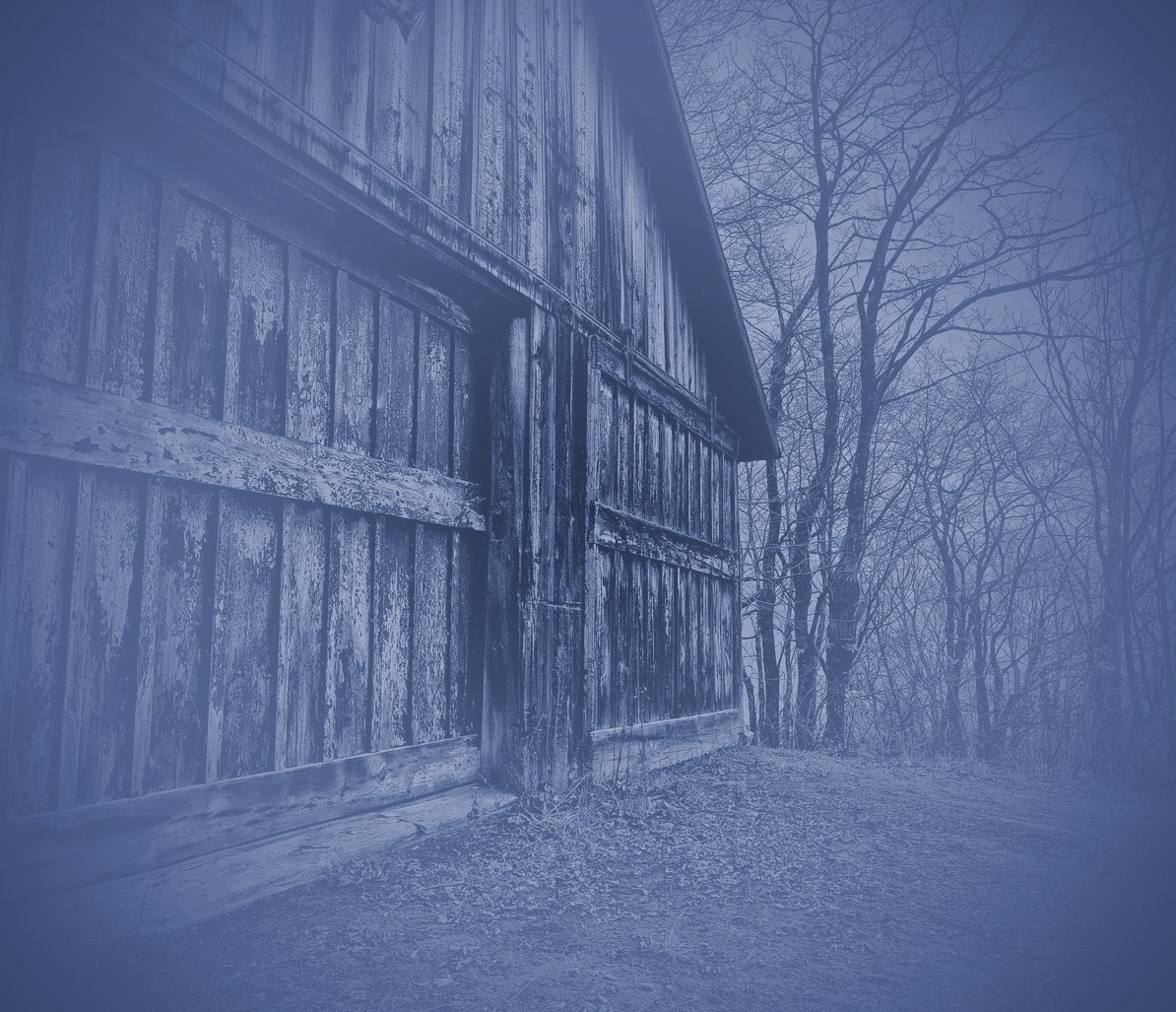The Manhattan Project
First, J. Robert Oppenheimer wrote his paper on dwarf stars—“What happens to a
massive star that burns out?” he asked. His calculations suggested that instead of
collapsing it would contract indefinitely, under the force of its own gravity. The bright
star would disappear but it would still be there, where there had been brilliance there
would be a blank. Soon after, workers built Oak Ridge, the accumulation of Cemesto
hutments not placed on any map. They built a church, a school, a bowling alley. From
all over, families drove through the muddy ruts. The ground swelled about the ruts like
flesh stitched by sutures. My father, a child, watched the loads on the tops of their cars
tip. Gates let everyone in and out with a pass. Forbidden to tell anyone they were there,
my father’s family moved in, quietly, behind the chain-link fence. Niels Bohr said,
“This bomb might be our great hope.” My father watched his parents eat breakfast: his
father opened his newspaper across the plate of bacon and eggs, his mother smoked
Camel straights, the ash from her cigarette cometing across the back of the obituaries.
They spoke little. Increasingly the mother drank Wild Turkey with her women friends
from the bowling league. Generators from the Y-12 plant droned their ambition. There
were no birds. General Leslie Groves marched the boardwalks, yelled, his boots
pressed the slates and the mud bubbled up like viscera. My father watched his father
enter the plant. My shy father went to the library, which was a trailer with a circus tent
painted on the side. There he read the definition of “uranium” which was worn to a
blur. My father read one Hardy Boys mystery after another. It was August 1945. The
librarian smiled sympathetically at the 12-year-old boy. “Time to go home,” the
librarian said. They named the bomb Little Boy. It weighed 9,700 pounds. It was the
size of a go-kart. On the battle cruiser Augusta, President Truman said, “This is the
greatest thing in history.” That evening, my father’s parents mentioned Japanese c
ities. Everyone was quiet. It was the quiet of the exhausted and the innocent. The
quietness inside my father was building and would come to define him. I was wrong to
judge it. Speak, Father, and I will listen. And if you do not wish to speak, then I will
listen to that.
“The Manhattan Project” first appeared in Poetry magazine, July/August 2011, and is from The Road to Emmaus (Farrar, Straus, and Giroux, 2014).

